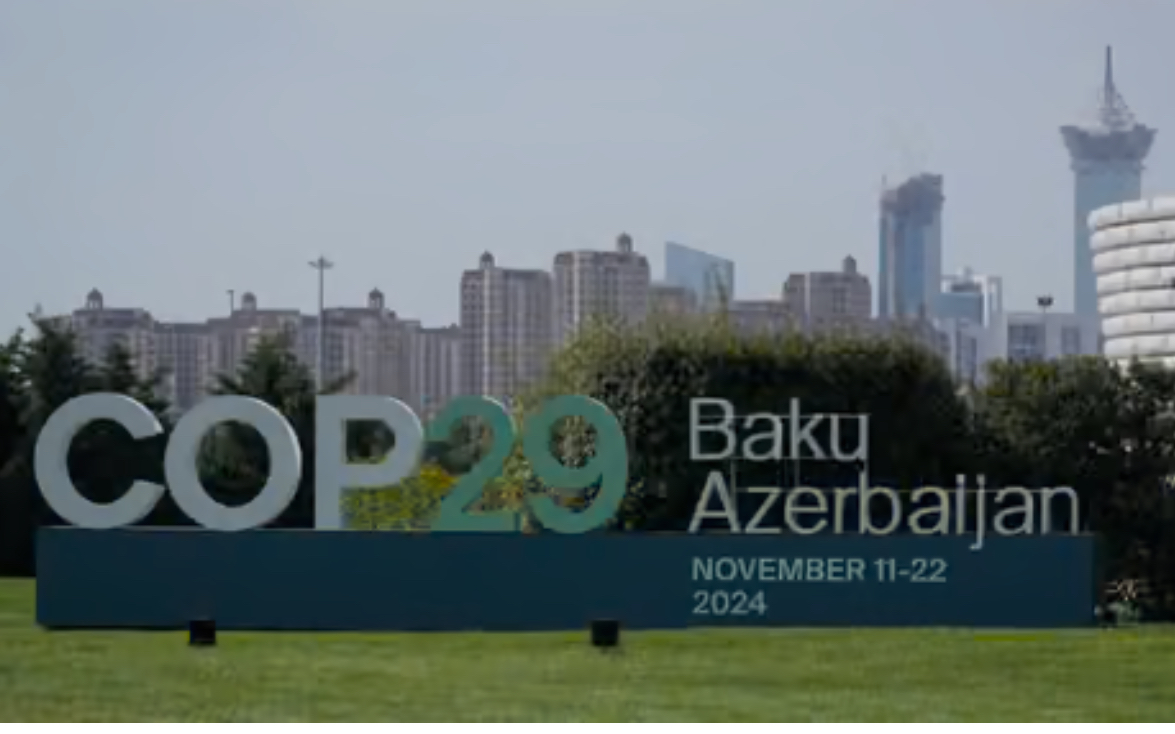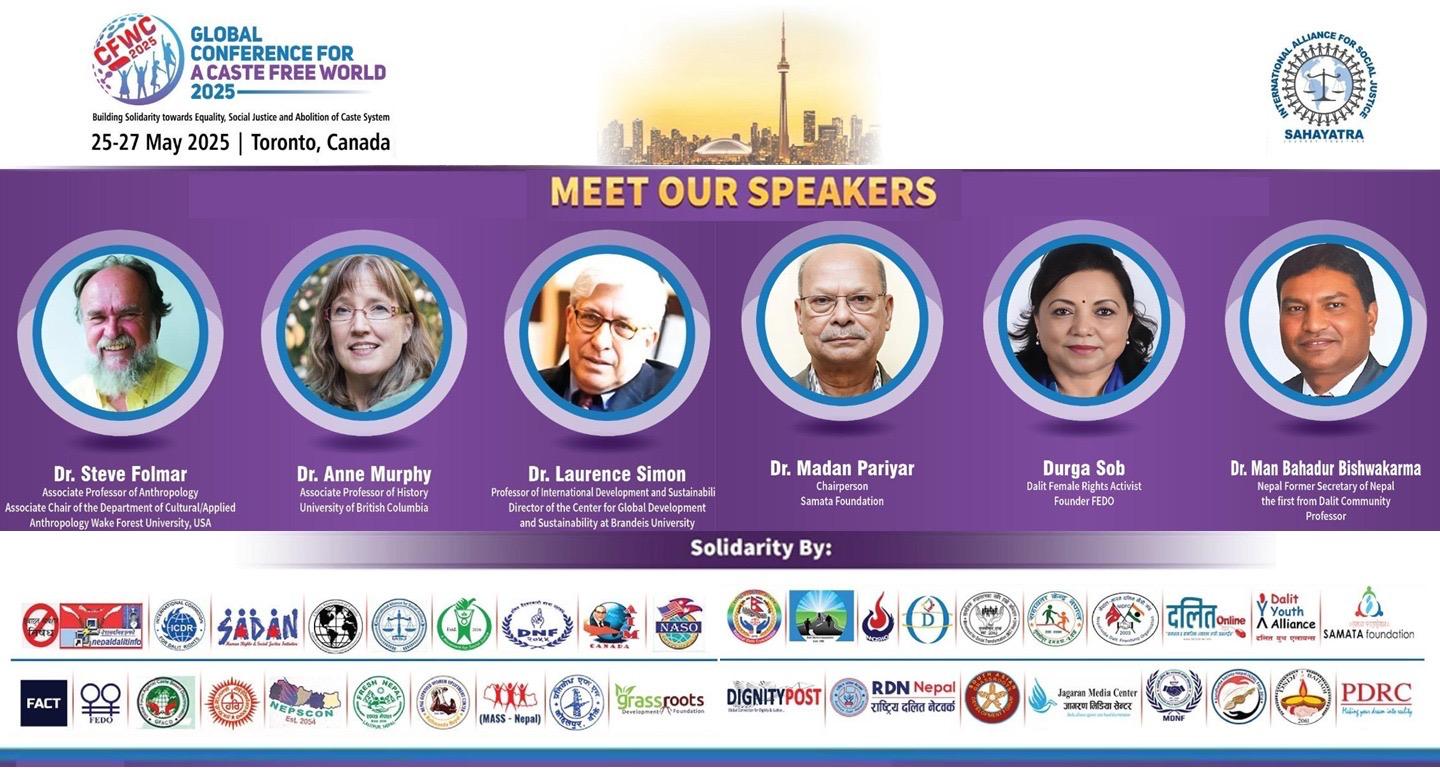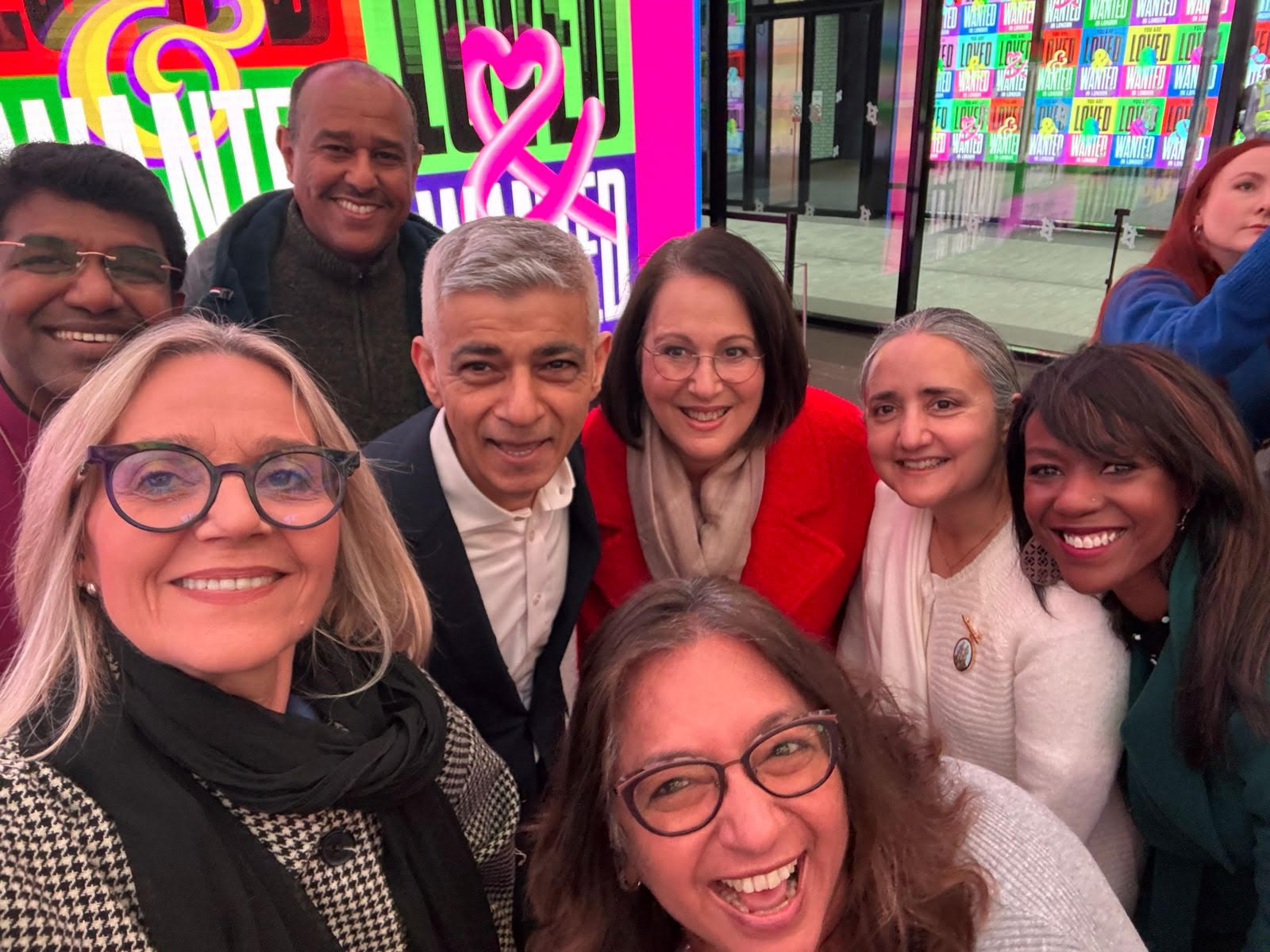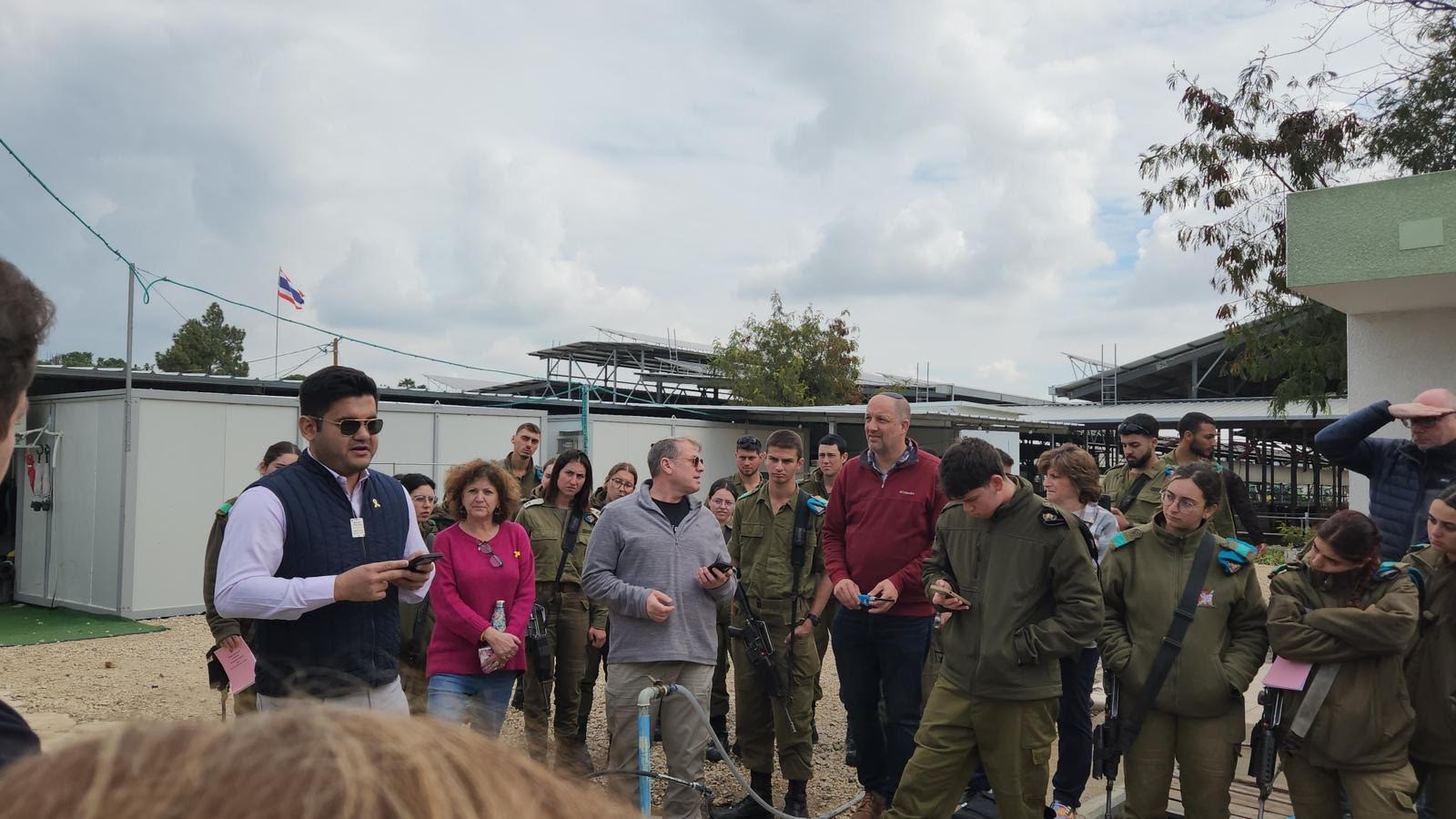Developing Countries Demand Urgent Climate Finance Boost Amidst Divisions at COP29 Summit

Baku — In a critical call to action, a new report from the Independent High-Level Expert Group on Climate Finance highlights that developing nations need $1 trillion annually by 2030 to combat climate change, far sooner than the current 2035 goal backed by wealthy countries. The report warns that waiting five more years would deepen the burdens on vulnerable nations, struggling to mitigate emissions and manage escalating climate impacts. As negotiations continue at the COP29 summit in Baku, Azerbaijan, tension builds between rich and poor nations over financing obligations and sources.
The study, unveiled Thursday, comes as ministers and officials from almost 200 countries negotiate new global climate finance commitments. Early drafts reveal significant disagreements, especially concerning the amount of funding required and the sources from which it will come. Although wealthy nations have acknowledged the need for substantial support, they propose relying heavily on private sector investment, which critics argue cannot adequately address adaptation needs.
Nicholas Stern, co-chair of the expert group, emphasized the urgency, stating that it is “more expensive the longer you wait.” The report suggests that half of the required $1 trillion could come from private investment, with an additional $250 billion from multilateral development banks like the World Bank. Other funds could derive from international grants, IMF special drawing rights, and new taxes on aviation and shipping. Stern urged developed countries to act decisively, warning that “kicking the can down the road” will only worsen the crisis.
At COP29, developing countries and climate activists are pushing for grants and public finance over private investment, arguing that vulnerable communities need guaranteed support rather than profit-driven solutions. Mohamed Adow, director of Power Shift Africa, called for robust public funding, noting that “private finance has failed miserably” in addressing adaptation needs. Similarly, Harjeet Singh of the Fossil Fuel Non-Proliferation Treaty Initiative underscored that “we need real trillions in grants,” cautioning that failure at COP29 to secure such commitments would mean “we’re all on the losing side.”
Despite an announcement by the World Bank and other development banks to double their climate finance pledges to $120 billion annually by 2030, concerns persist that the sum falls short. Yalchin Rafiyev, Azerbaijan’s lead negotiator, expressed optimism, but acknowledged that the road to compromise remains challenging.
As COP29 continues, developing countries hope for a historic breakthrough, calling on wealthier nations to embrace urgent, substantive climate finance commitments and pave the way for a just global transition.

















Facebook Comments